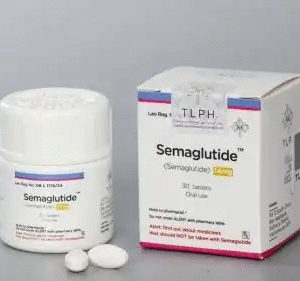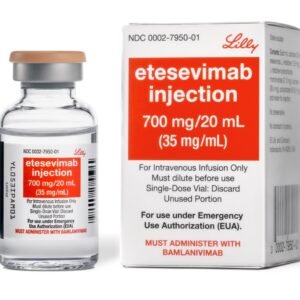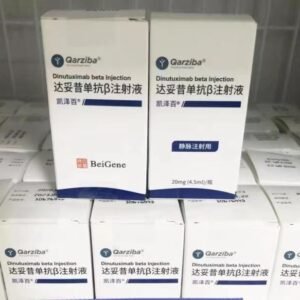Sodium Dimercaptopropane Sulfonate Injection
Functions and indications: This product is commonly used to treat mercury poisoning and arsenic poisoning, and is the preferred detoxification drug. It has a certain effect on organic mercury. It is effective for chromium, bismuth, lead, copper and antimony compounds (including potassium antimony tartrate). Experimental treatment observations show that it also has a detoxification effect on zinc, cadmium, cobalt, nickel, polonium and other poisoning.
Adverse reactions: This product is less toxic than dithiocarbyl alcohol. However, if the intravenous injection speed is too fast, there will be nausea, tachycardia, dizziness and numbness of the lips, which usually disappear in 10 to 15 minutes. Occasionally, there are allergic reactions, such as rash, chills, fever, and even anaphylactic shock, exfoliative dermatitis, etc. Once it occurs, the drug should be stopped immediately and symptomatic treatment should be given. Antihistamines can be used for mild cases, and adrenaline or adrenal cortex hormones can be used for severe reactions.
Sodium dithiopropane sulfonate generally causes liver damage, which is manifested as an increase in alanine aminotransferase and aspartate aminotransferase. This drug should not be used casually. In addition, ion disorders and a decrease in white blood cells in blood routine tests may occur. Any drug use has certain risks, and may cause liver and kidney damage and affect the hematopoietic system. It is recommended to use the drug under the guidance of a doctor.
Share:
Products
Our offers
Health Classification
Let us work together to protect precious health



























